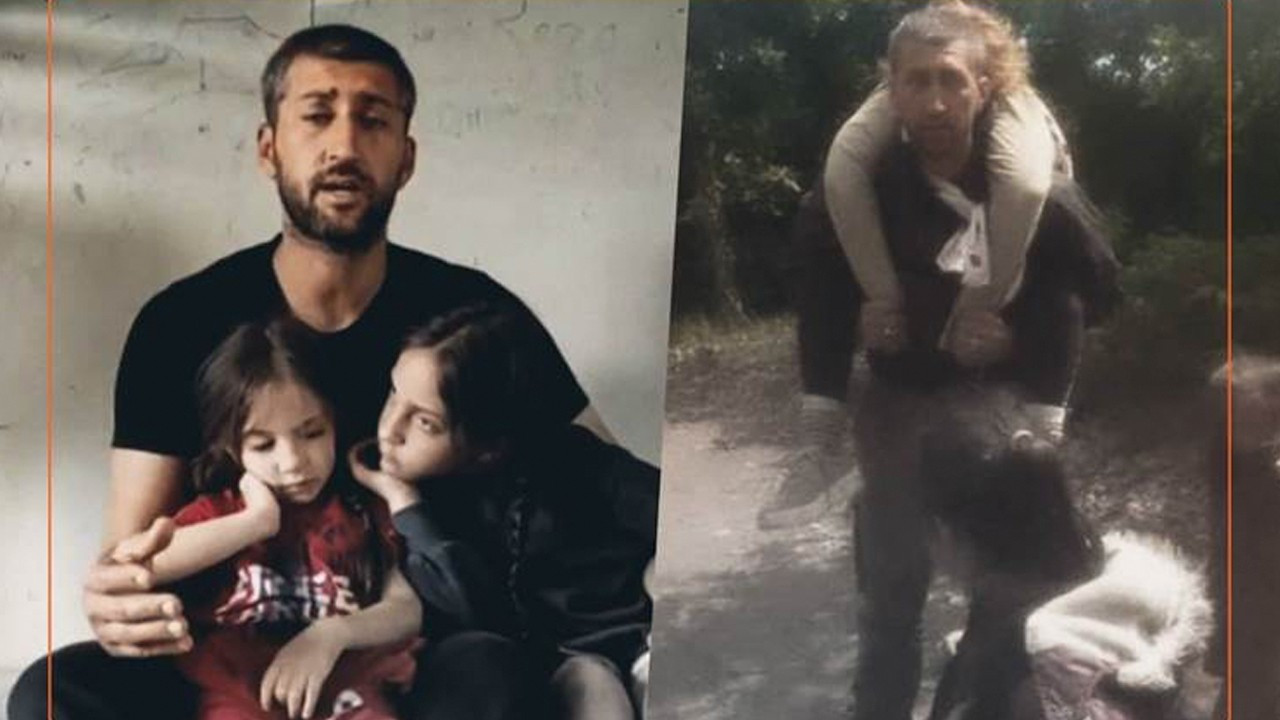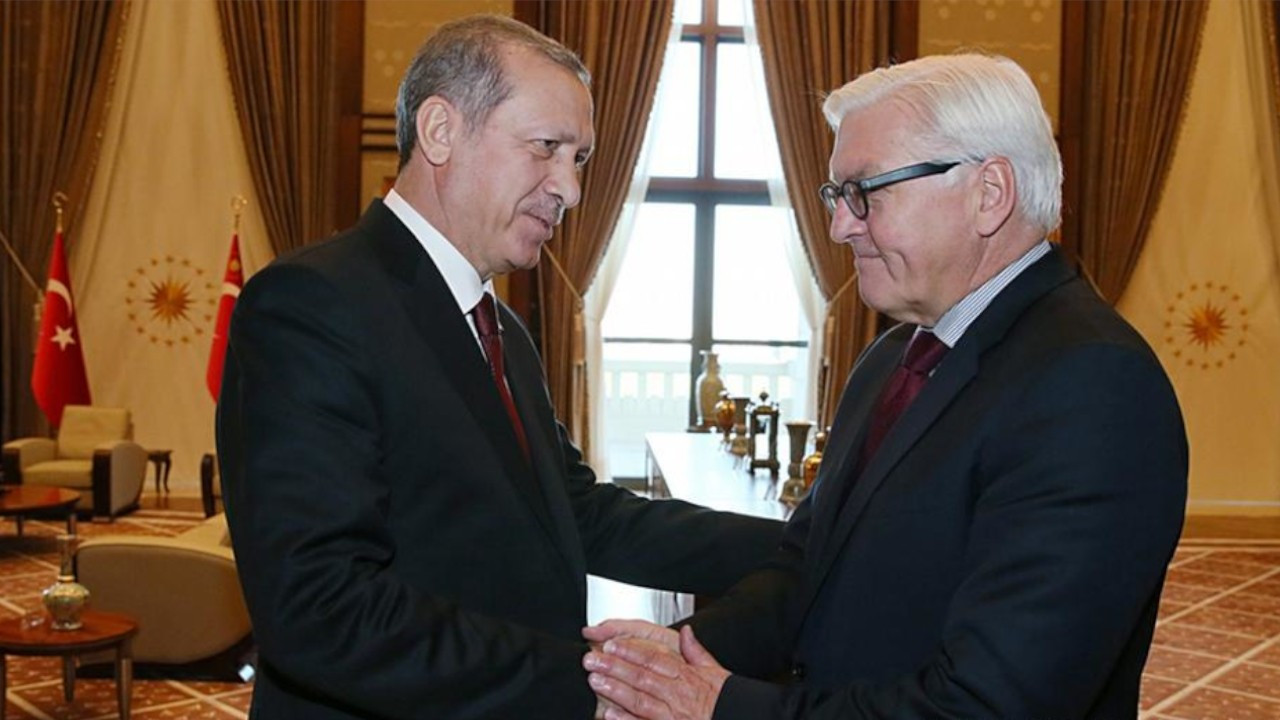Turkey stalls probe into Turkish soldiers who drowned refugees
In August, five refugees were killed in western Turkey when a group of soldiers threw them into the Meriç (Maritsa) River upon the orders of someone referred to as a "commander." Now, the case has stalled - there has been no progress in the investigation in over two months.
Meral Candan / DUVAR
Progress has stalled in the case investigating the soldiers who threw refugees into the Meriç (Maritsa) River in western Turkey.
According to the lawyers, who met with six survivors and represent four of them, of the case, no progress has been made towards punishing those responsible in the two months that followed.
Some 45 refugees were standing on the banks of the Meriç River on Aug. 24 when suddenly, at the command of someone referred to as a “commander,” soldiers threw refugees into the river in groups of five. Five were killed, and countless more went missing.
The Edirne Chief Public Prosecutor’s Office launched an investigation following the incident, but little progress has been made. The Association of Lawyers for Freedom (ÖHD) is representing four of the survivors and lawyer Ahmet Baran Çelik of the Istanbul branch is concerned that evidence or details could be covered up in the file.
“The policy of impunity in crimes involving law enforcement officers or in such heavy cases is a normal thing,” he said, “In many crimes, law enforcement officers are for the most part not identified.”
Çelik and the ÖHD lawyers met with four survivors of the attack at the prosecutor’s office on Sept. 10. That day, they took the statements of two refugees, but have been unable to take statements from the other two. According to Çelik, the prosecutors should be actively seeking statements from more of the 45 people present, rather than barring access to witnesses.
“This would be a very easy file for a prosecutor who wants to reveal [the truth of] the incident,” Çelik said on Sept. 4, and the statement still holds true.
Çelik warns that the case needs to be prosecuted expediently - those responsible are facing murder charges, attempted murder charges, and crimes against humanity. If suspects are not pursued and evidence not collected, those who threw the refugees into the river could escape punishment.
“This is a very serious crime,” Çelik said, “It needs to be acted upon and clarified immediately. This is not a file to be left to procedure or time. My clients said in their statements that they could identify the soldiers involved in the incident if they saw them. They need to locate, identify, and charge [those responsible].”
He warns that if the investigation does not process quickly, the soldiers and the “commander” responsible could escape the country.
“The soldiers involved in the incident may go to other places. The person referred to as the commander is someone of rank, but privates are discharged after six months. Some may even have already been discharged during this process. They may have escaped already, because if the crime is accepted and charged, they will be given aggravated life sentences,” he said.
An elongated or inconclusive judicial process could aggravate the trauma refugees already experience, Çelik says. They could seek asylum in another country, or return to their home countries as a result of anxiety and fear.

 Kurdish woman dies near Turkish border while migrating to EuropeHuman Rights
Kurdish woman dies near Turkish border while migrating to EuropeHuman Rights 13 migrants found frozen to death in eastern TurkeyHuman Rights
13 migrants found frozen to death in eastern TurkeyHuman Rights Turkey cannot handle new refugee influx, Erdoğan tells German counterpartDiplomacy
Turkey cannot handle new refugee influx, Erdoğan tells German counterpartDiplomacy